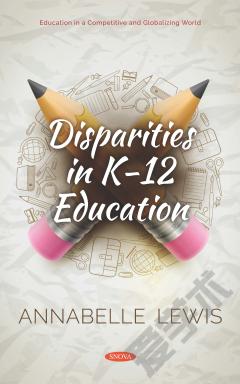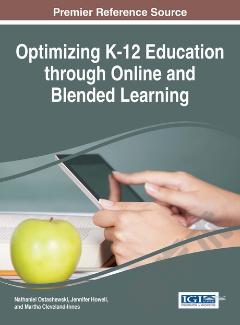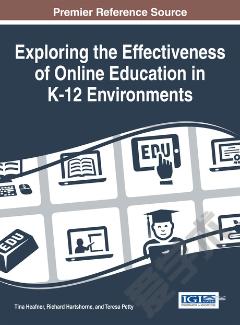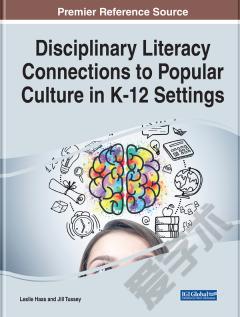Disparities in K- 12 Education
All students expect to have equal access to a good education but this is not always the case. Research has shown that students who experience discipline that removes them from the classroom are more likely to repeat a grade, drop out of school, and become involved in the juvenile justice system. Black students, boys, and students with disabilities were disproportionately disciplined (e.g., suspensions and expulsions) in K-12 public schools. These disparities were widespread and persisted regardless of the type of disciplinary action, level of school poverty, or type of public school attended. Poverty can have a profound effect on academic outcomes and college readiness and students from low-income families are less likely to go to college. The low rates of degree attainment for low-income students raises questions about whether the students who wish to pursue higher education have access to courses that support their readiness for college. While most public high schools, regardless of poverty level, offered courses like algebra and biology, disparities in access were associated with school poverty level for more advanced courses like calculus, physics, and those that may allow students to earn college credit, like Advanced Placement (AP) courses
{{comment.content}}








 京公网安备 11010802027623号
京公网安备 11010802027623号